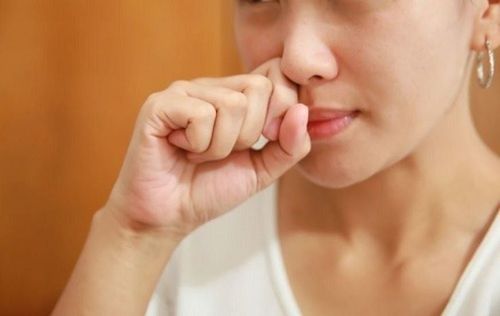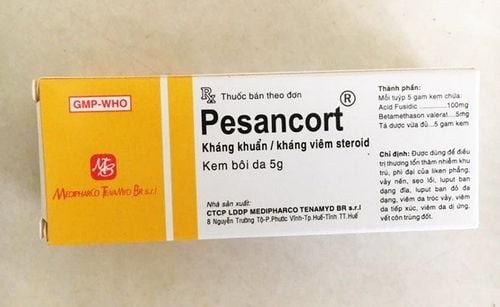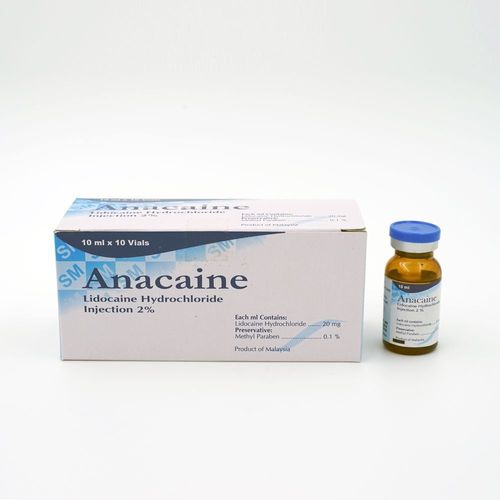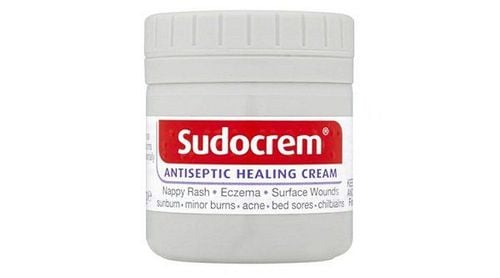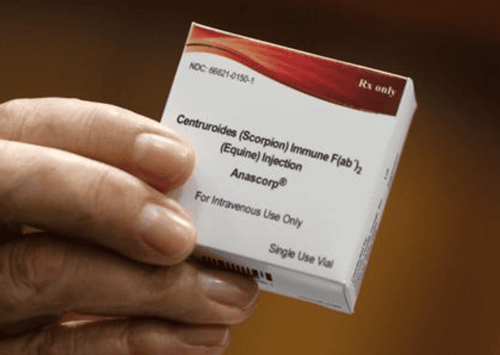This is an automatically translated article.
When being bitten by insects (especially poisonous insects) should not be subjective because it is estimated that in 100 people bitten by insects, there will be 1-3 people with reactions such as urticaria, facial swelling, convulsions. bronchospasm, and the most severe, life-threatening anaphylaxis. Allergies to insect venom can be minimized if the patient understands basic treatment and prevention steps.
1. Allergic causes of insect stings
Insects that often bite and cause allergic reactions in the skin are: Ticks, lice, bedbugs, buffalo flies, three-comparted ants, wasps, wasps and fire ants... Some types often secrete pederin when in contact with human skin often causes a strong inflammatory reaction, creating blisters.Allergy to insect venom is due to sensitivity to toxin antigens. The immune system of the person bitten by an insect overreacts to the insect venom and treats these substances as "foreign agents" that are harmful to the body. In response to the mistaken signal, the immune system produces small amounts of IgE antibodies that target the insect venom. But at later times, the IgE antibody response will be stronger and faster. This IgE response leads to the release of histamine and other inflammatory chemicals that are responsible for the symptoms of an allergy to insect venom.
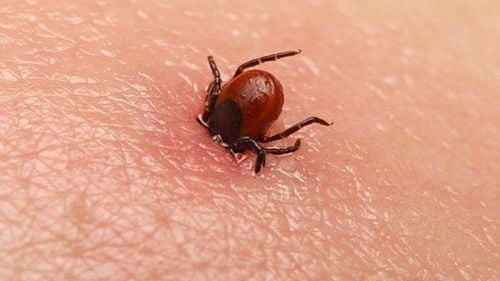
Côn trùng thường hay cắn và gây phản ứng dị ứng ở da là bọ ve, chấy rận, rệp, ruồi trâu..
2. Symptoms of an allergy to insect venom
Some mild reactions can be seen at the site of an insect sting (usually hands, feet, open skin) such as:A small pimple-like spot Mild to moderate swelling Pain Burning pain Burning site itching Itching Reactions More severe (uncommon) signs of an allergy to insect venom are:
Difficulty breathing Rash Itching spreading to areas away from the sting Swelling of the face, throat or part of the mouth or tongue Wheezing, difficulty swallowing Vomiting Restlessness Anxiety Rapid pulse Dizziness, low blood pressure Mild fever Anaphylactic shock Depending on the cause of the insect bite, the number and extent of skin lesions, there are different external symptoms. In many cases, venomous insects such as wasps, wasps, and scorpions when bitten or bitten can cause a strong immediate reaction such as anaphylaxis, which is life-threatening.
The doctor can diagnose the risk of progression by identifying the stinger, examining it, and taking the patient's history

Phát ban là triệu chứng dị ứng thường gặp khi bị côn trùng đốt
3. Handling allergies caused by insect stings
Depending on the severity of the reaction, there are different ways to handle it. For local reactions with topical and oral medications:Eliminate contact with insect venom Clean sting area with soap and water Apply cold water to relieve pain and reduce swelling Drink plenty of water Use topical drugs such as Jarish solution, avoid topical corticosteroids because of limited wound healing. If more severe, consider using oral drugs such as 1st generation antihistamines (chlorpheniramine, promethazine, hydroxyzine...) or substitutes. system 2 (loratadine, cetirizine, fexofenadin...) or a combination of both if there is severe itching, rash, or swelling. In case of severe or even critical reactions, intensive care and emergency care is required, and the patient should be taken to a medical facility immediately for prompt treatment.

Uống nhiều nước để giảm dị ứng khi bị côn trùng đốt
4. Prevention of allergy caused by insect stings
To prevent the risk of being bitten by insects, you can:
Limit your exposure to environments with many insects and insect nests such as attics, mounds, logs, old walls, beehives, bushes Phat Phat Clear bushes around the house to avoid breeding insects, gather to make nests Observe carefully before use Prepare closed clothes, shoes, socks when going to rural or wooded areas or when having to work in insect-rich environments Avoid spraying perfume or wearing light-colored clothing, as they tend to attract insects. Put screens on windows and doors to keep insects out. Or use insect repellent when outside If you have a history of severe insect sting allergies, make sure to have someone with you if you go for a walk or do other outdoor activities in a grassy area. , Bush. Note that you should bring an anti-allergy first-aid box with injectable antihistamines and Epinephrine. Allergy shots may be considered to minimize sensitivity to insect venom toxins Vinmec International General Hospital with the system With modern facilities, medical equipment and a team of experts and doctors with many years of experience in medical examination and treatment, patients can rest assured for examination and treatment at the Hospital.
Please dial HOTLINE for more information or register for an appointment HERE. Download MyVinmec app to make appointments faster and to manage your bookings easily.




